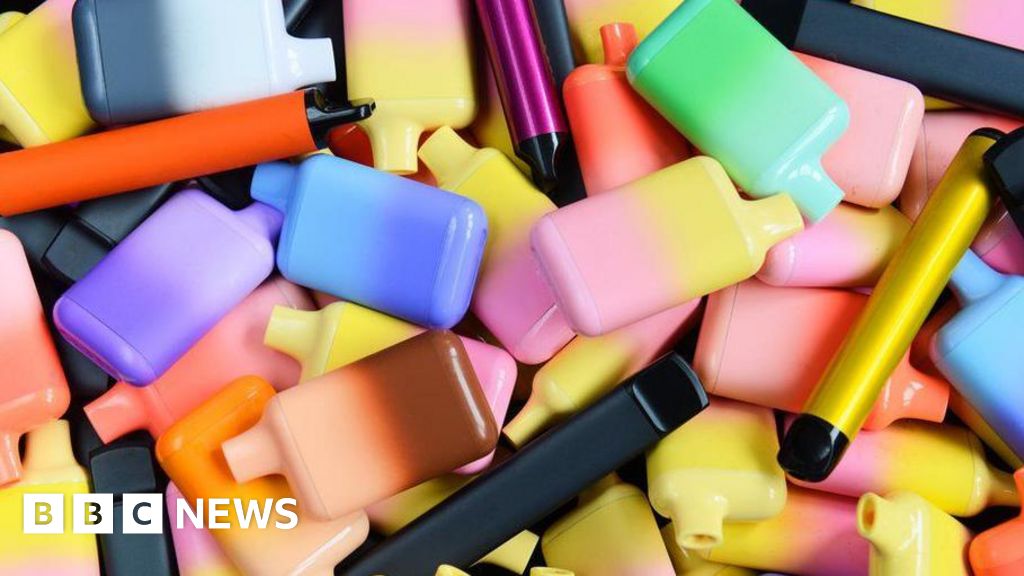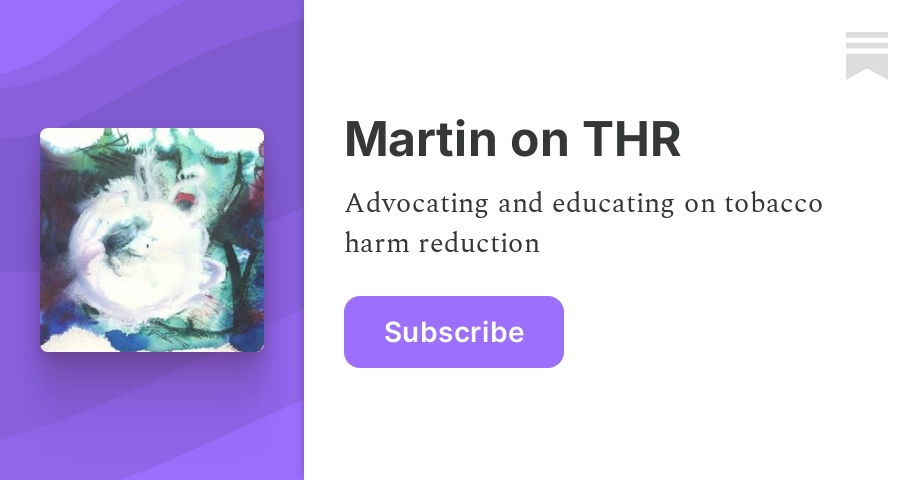Next Wednesday 17 July, The State Opening of Parliament and The King's Speech will take place.
The Tobacco & Vapes Bill is expected to be followed through (in whatever form).
You can find your MP below and contact via email -
Or -
WriteToThem is a website which provides an easy way to contact MPs, councillors and other elected representatives.

www.writetothem.com
And/or you can send an email to Wes Streeting, the Secretary of State for Health and Social Care here:
[email protected]
I emailed my MP and Wes Streeting. Here is what I wrote -
Dear [MP],
I am writing to you with great concern about what legislation the government is intending on implementing via the Tobacco and Vapes Bill in terms of tobacco harm reduction, when it is brought back (in whatever form). I will keep this fairly brief and just cover some of the points.
I have been vaping since 2008, and have not smoked since then. I found no other method as a way of giving up smoking; I assumed I would be a smoker for life. I liked smoking, but I hated what smoking was doing to my body. Within a week or so, I could feel how much better my lung capacity was, and was playing sport again (something I hadn’t done for years).
I enjoy vaping. In fact, I was so impressed by vaping that I set up a retail vape business iVapour in 2009. We have just one shop in Haxby Shopping Centre.
I will start with the crux of my argument (which can not be denied) -
The more restrictions that are put on vaping, the more people will smoke.
Disposable Vapes
I could go into detail about disposable vapes, but this appears to be a done deal already (getting banned April 2025).
Flavour Restrictions
It is with great dismay that the previous version of the Bill announced that flavours will be restricted in some way, when the wide array of flavours currently available are vital for the success of vaping products to tempt people who smoke to switch to vaping, to not smoke, and stay not smoking.
There has been some mention that candy flavours are there “to market to children”. This is complete nonsense, as most adults like sweet flavours. In fact fruit, dessert and candy flavours are the most popular category among adult vapers, with more than half of all vapers choosing them. If the flavours were say limited tobacco and mint, there would be many vapers who would not want to vape those flavours, and liable to go back to smoking.
Fruit, dessert and candy flavours are the most popular category among adult vapers, but why should they be penalised just because they are also the most popular amongst underage vapers? Why should the far larger demographic of adult vapers (4.5 million) be ignored?
Tax
In the previous version of the Bill, for medium to high strength nicotine liquid, excise duty was due to be added at a rate of £3 (plus VAT) per 10ml bottle.
This would at least double the price to the consumer.
Research shows that taxes on vaping products increase cigarette sales and use.
https://f1000research.com/articles/12-121
Vapes and cigarettes are economic substitutes—meaning that taxes, flavor restrictions, or other government actions that reduce e-cigarettes’ competitive advantages versus tobacco will increase cigarette sales and smoking, including among teenagers.
There will be a number of unintended consequences if an extra tax is put on vapes, including suppressing sales of legal and taxed vapes, an increase in demand for cigarettes, and incentives to buy and sell illicit products or otherwise avoid tax.
Why should people be penalised for not smoking?
Why should higher nicotine users be penalised more than lower strength users?
Why should people who use zero nicotine be penalised with tax at all?
Not only are they not smoking, they are not using nicotine either!
There is a detailed scathing response/critique of the tax plan from the New Nicotine Alliance (NNA) here -
https://nnalliance.org/blog/395-the...ong-in-principle-and-childlike-in-application
Negative Propaganda
Any kind of ban or restrictions on vaping will be perceived as a negative risk communication about vaping or harm reduction in general.
In 2023, 57% of smokers believed e-cigarettes to be equally or more harmful than cigarettes (compared to 41% in 2014).
The proportion of smokers who thought vaping is less harmful than smoking is 27% (compared to 44% in 2014).
https://jamanetwork.com/journals/jamanetworkopen/fullarticle/2815561
And the enormous amount of misinformation and negative propaganda in the press will have had a direct effect on that statistic.
Vaping is the
most effective quitting aid ever.
But many people actually enjoy nicotine, and they don’t want to quit nicotine - why should they?
This section of the population is unrepresented.
Summary
Here is the response to the previous consultation from Clive Bates (former director of Action on Smoking & Health), and he answered broadly the same as I did, but worded so much better -
https://clivebates.com/uk-smoking-and-vaping-policy-consultation-my-draft-response/
The focus of the proposed regulation concerning young people is inappropriate – almost as if the effect on older adult smokers, often living in poverty, is of little concern to the government. Yet that is the sub-population at greatest risk and by far the greatest in number.
However, given that vaping is widely accepted to pose a “small fraction of the risk of smoking”, it is clear that any uptick in smoking (in both adolescents and adults) would be likely to overwhelm any benefits from reductions in youth vaping.
The UK has been leading the world globally in tobacco harm reduction, and it will be a real shame if that reputation is reversed. These proposals not only risk trashing our reputation amongst credible global public health academics, but will also lead to promotion of ignorance and poor policy in other countries which will cost lives worldwide.
I hope you consider my points and will protect & encourage tobacco harm reduction in all forms.
If you want to meet in person, I would be more than happy to discuss any of these points (or others).






 )
)















